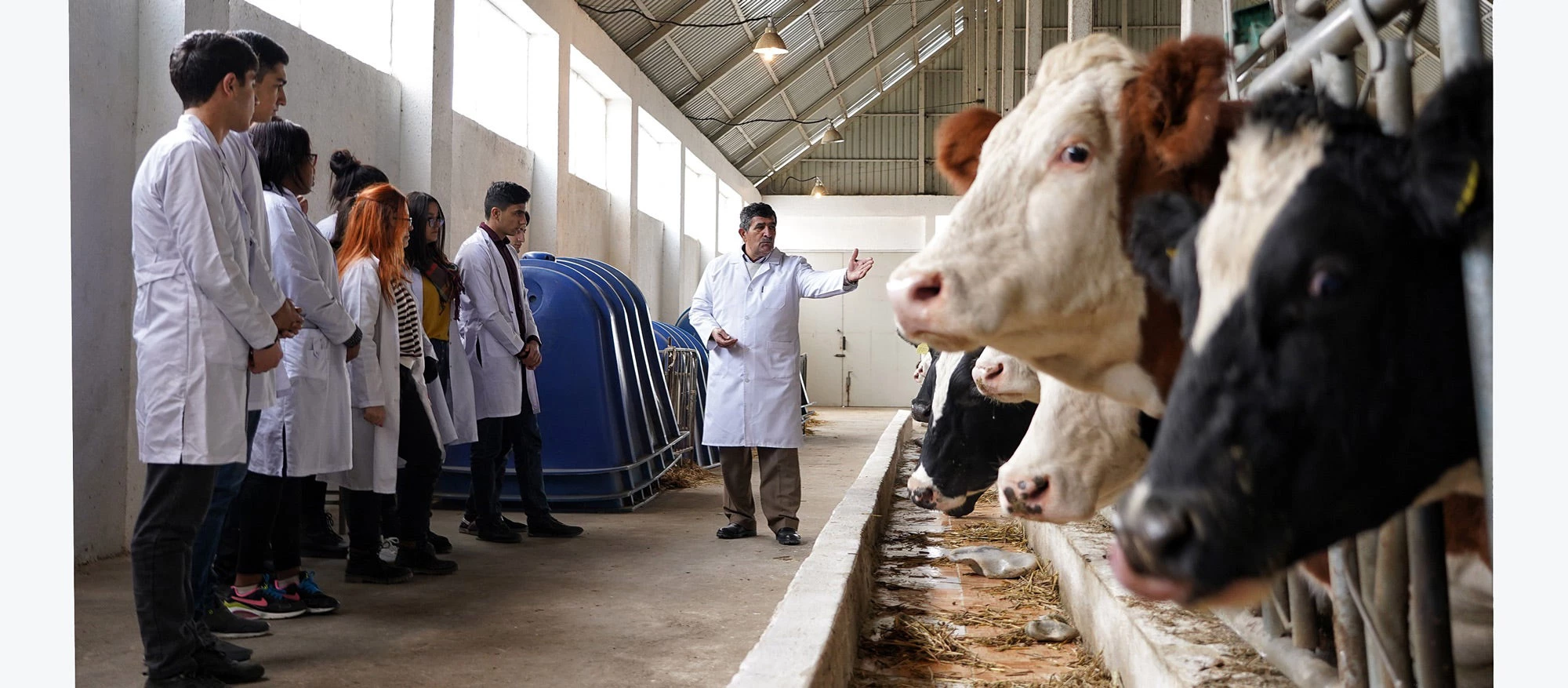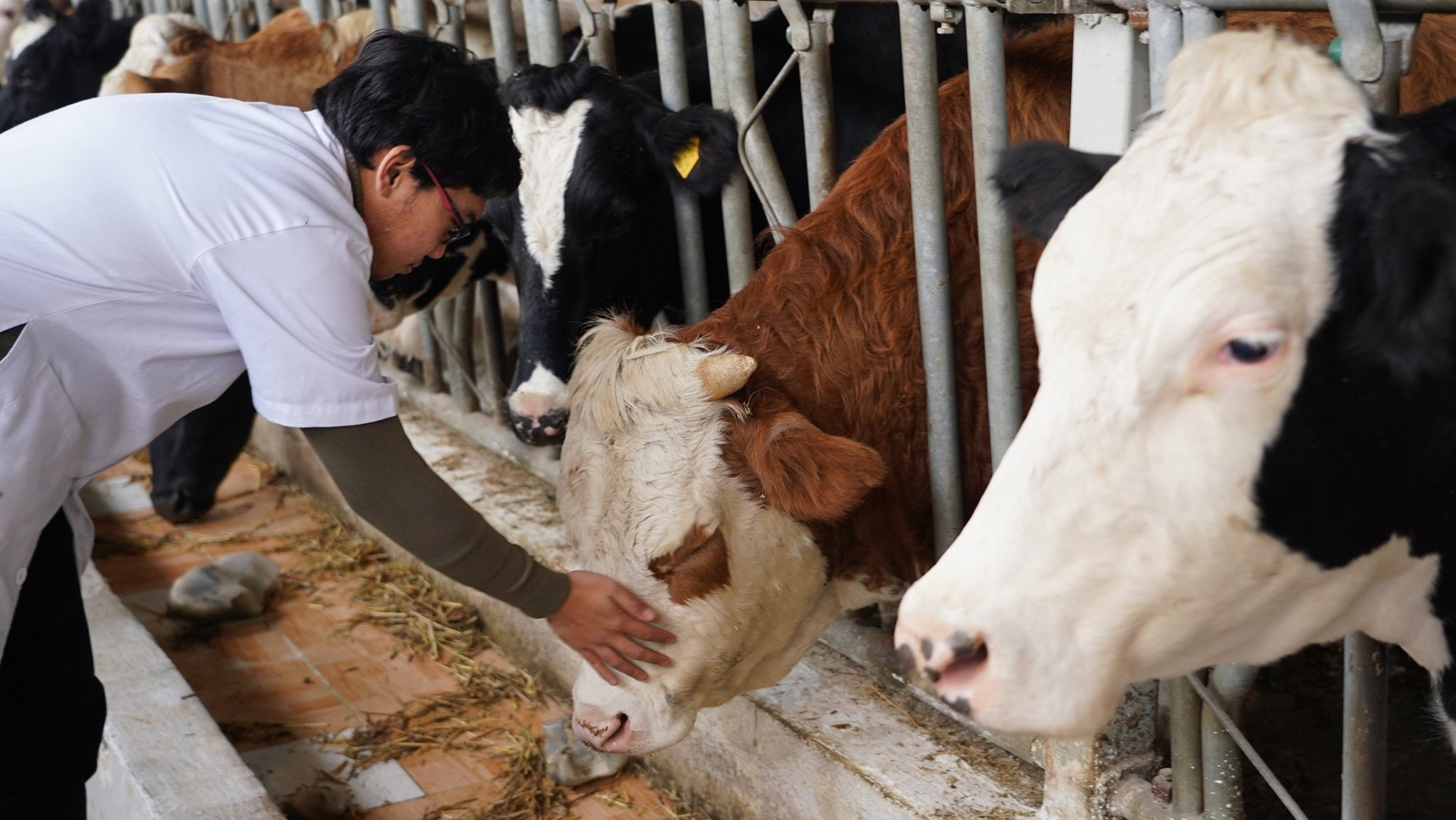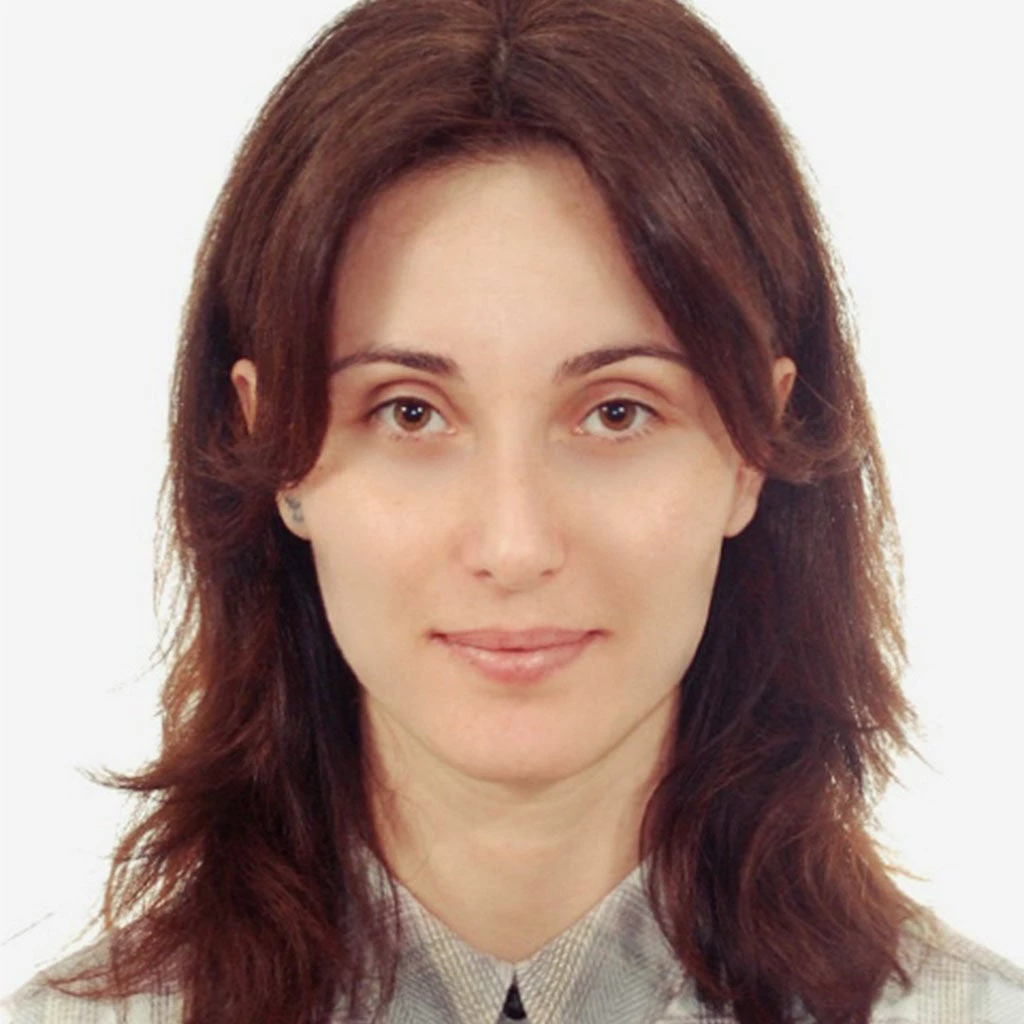 A veterinary and livestock training farm
A veterinary and livestock training farm
One of the more unusual places I’ve visited through my work is a veterinary and livestock training farm in the Ganja region in western Azerbaijan. As a devoted animal lover, I relished the opportunity to meet the students and teachers there, and learn about their training in animal care.
The farm was established in 2016 to support veterinary education at Azerbaijan State Agrarian University, which is the only higher education institution in the country that provides specialist training for the agriculture sector. The university hosts about 70% of veterinary students from the capital city Baku.
At the farm in Ganja, the veterinary students augment their theoretical knowledge of newly applied methodologies, technologies and best-practices with practical hands-on experience. They become familiarized with animal feeding, rearing, milking, and husbandry practices.
High-quality veterinary education is central to modernizing essential services in Azerbaijan’s livestock sector. But it is equally important for ensuring the graduate veterinary training curriculum is aligned with international standards aimed at improving the health and welfare of animals more broadly.
I spoke with Suliddin Abbasov, the professor in charge of the farm since its inception. “It makes me immensely happy to see young people interested in this field,” says Suliddin. “I’m overjoyed when they request more information about various diseases and food diets, or when I see how carefully they treat the animals.”
In addition to the training provided to the young veterinary students, the farm currently runs programs for around 196 field veterinarians and 12 specialists from regional veterinary departments, to help them update their knowledge in the application of new methods of prevention and treatment of diseases, using new medicines and improved business skills.
The evolution of the farm and its curriculum has been impressive! Just five years ago, the majority of students attending here had chosen to do so only because they had achieved low scores in their university entrance exams. These days, it is a different story, as all the students are highly motivated and eager to learn this important profession.
Zahir Aleskerov is head of department today. He graduated from ASAU in 1984. A key member of the institution for 19 years, he has witnessed all the ups and downs. I listened carefully as he shared his thoughts…
“The early years of independence were not easy for our countries,” says Zahir. “You are young so you may not recall very well. Much of the education infrastructure, which was pretty good in the past, collapsed and, naturally, we faced difficulties. In the mid-90s, things started changing slowly, with reforms in many sectors, including the education system. The government today focuses a lot on further improvements in education, and our agrarian university has the privilege to be in the hotspot.”
Promoting the potential and attractiveness of the veterinary profession is already reaping benefits in Azerbaijan. The number of students admitted each year grew from around 30-35 in 2010-13 to around 100 in 2018. This is, undoubtedly, a reflection of the growing importance of the sector.
Personally, I hope this trend continues, because I believe that investing in people – and in our animal friends – is the best way toward achieving a better world for everyone.




Join the Conversation